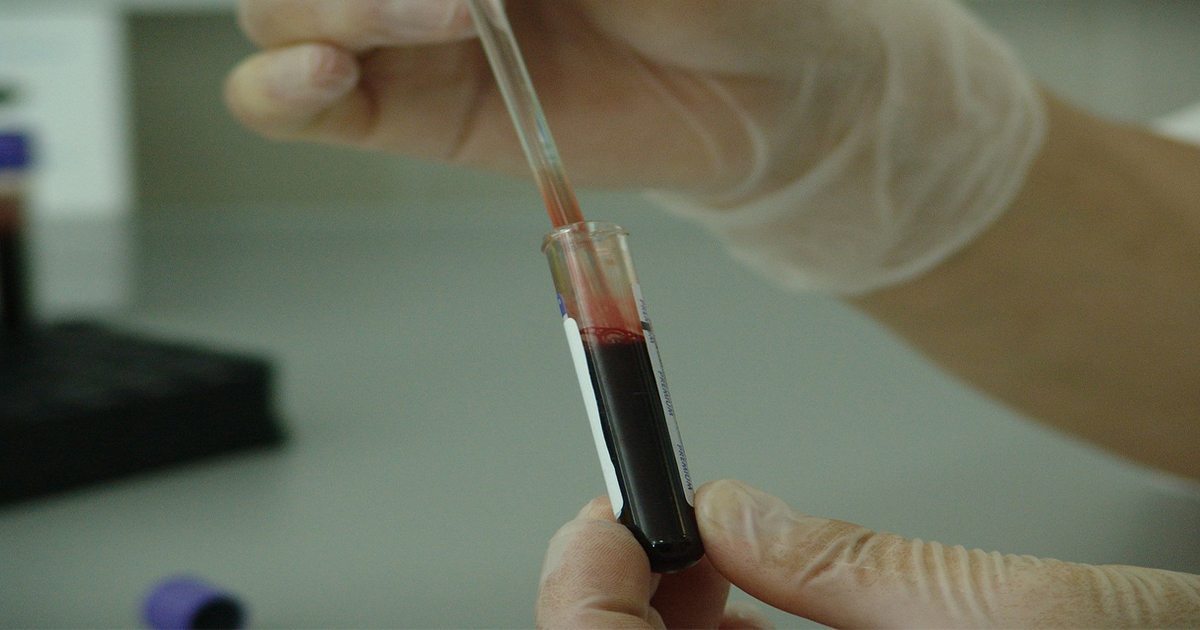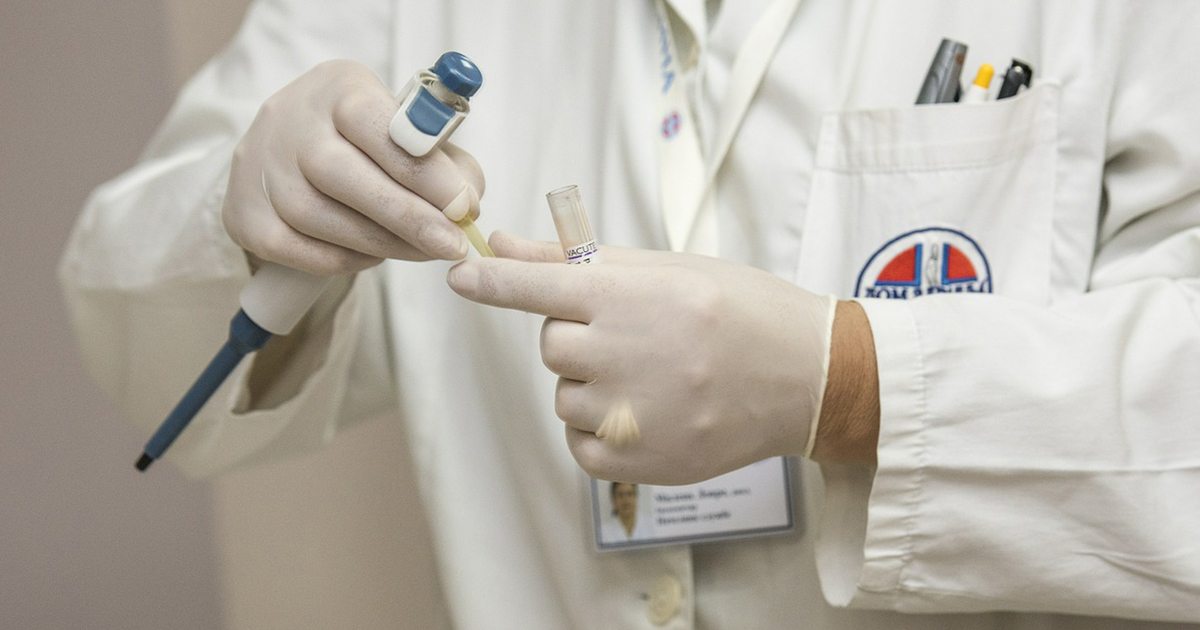Month: October 2016
Moonshot Initiative Beneficial to Mesothelioma Patients
In January 2016, President Obama announced the Moonshot Initiative to speed the development of cancer drugs and treatments to make cancer a chronic disease. He placed Vice-President Joe Biden, whose son died of brain cancer in 2015, in charge of the program.
As part of how to turn the initiative into reality, Vice-President Biden gave a speech on September 16th at Rice University in Houston. One of the highlights of his speech was to make clinical trials information more available.
Clinical trials are listed on www.clinicaltrials.gov. Changes to make the information on the web site more user friendly have been proposed and are being initiated. Another proposed change is to require investigators to publish summaries about their trials, whether they proved successful or not. This should go a long way towards helping mesothelioma patients who are often told to consider enrolling in clinical trials. However, the process can be overwhelming at a time that is already overwhelming.
The Moonshot Initiative not only calls for additional funds for cancer research, it includes initiatives for providing greater openness and collaboration among scientists. The speech was given at Rice University in Houston in collaboration with M.D. Anderson Cancer Center, one of the world’s leaders in cancer research.
The Moonshot Initiative is coming at an exciting time in cancer research. We pray that it will be as successful as the original moonshot over 50 years ago. As the Moonshot Initiative unfolds we will continue to update you.

Blood Samples May be Reliable Monitoring Tool for Patients
In January, Mesothelioma Help reported about a business venture by a San Diego-based company focused on developing a blood test to detect cancers that can be conducted in doctors’ offices. Now, another company reports that liquid biopsies, another term for the blood tests, can be used to monitor lung cancer patients’ response to treatment in real-time.
Researchers from the German Cancer Research Center (DKFZ), report that oncologists have come to rely on tissue biopsies as a way to manage a lung cancer patient’s treatment and to assess their progress. However, “tissue biopsy is much more invasive, and in some cases a risky procedure,” they report.
So the researchers delved deeper into the pros of liquid biopsies to help ease pain for patients and to improve the success rates of treatments for oncologists. What they found is that blood tests can be “a promising tool to monitor lung cancer patient tumors early.”
They reviewed the blood samples of 16 EGFR-positive lung cancer patients undergoing tyrosine kinase inhibitor treatment (erlotinib, gefitinib, or afatinib). Over the course of the two-year study the researchers were able to attribute three major categories of treatment to the changes in the circulating tumor cells: evidence for therapy response, periods of stable disease, and impending tumor progression.
“These findings highlight liquid biopsy’s sensitivity in detecting and reflecting tumor changes in real time, while providing the advantages of being less invasive,” said the authors.
The use of biopsy when determining the efficacy of a treatment was previously discussed by a panel of oncologists on OncLive’s Peer Exchange Series. The oncologists agreed that biopsy results can be used to not only diagnose cancer but to drive a cancer patient’s treatment plan. Anne S. Tsao, MD, Director, Mesothelioma Program, The University of Texas MD Anderson Comprehensive Cancer Center, said oncologists should use biopsies to “shoot for genetic testing and personalized medicine for treatment decisions.”
The DKFZ researchers explained that when tumor cells die after treatment they release their DNA (or cell free DNA, cfDNA), with all its mutations still intact, into the bloodstream. The team found that blood samples, or cfDNA, are as effective as tissue biopsies when assessing prognosis in EGFR-positive lung cancer patients.
Professor Holger Sültmann, one of the lead authors, cautions that more work remains to be done, saying, ‘’This is a ‘proof of concept’, we should really collect and measure cfDNA more systematically in order to learn what the liquid biopsy can do under these circumstances, and to fully comprehend the principles of lung cancer progression.’’
EGFR is a protein found on the surface of some cells to which epidermal growth factor binds, which causes the cells to divide and spread. It is found at abnormally high levels on the surface of many types of cancer cells, including more than 50% of pleural mesothelioma patients. Tyrosine kinase inhibitors work by blocking the activity of the EGFR tyrosine kinase enzyme, preventing the growth of new blood vessels that tumors need to grow, and, potentially, killing cancer cells.
Pleural mesothelioma is a cancer of the lining of the lungs caused by past asbestos exposure. The cancer is diagnosed in close to 3,000 Americans each year.
See the Sept. 19 issue of Scientific Reports for the study.
Sources
- Scientific Reports
http://www.nature.com/articles/srep23489 - German Cancer Research Center
https://www.dkfz.de/en/presse/pressemitteilungen/2016/dkfz-pm-16-39-Liquid-Biopsy-Level-of-mutated-DNA-in-the-blood-corresponds-to-patient-outcome.php
Mesothelioma Patients are encouraged to Seek Care for PTSD
Many people who have been diagnosed with a serious illness, including mesothelioma, will experience PTSD. Post traumatic stress disorder is triggered by a traumatic event. It can be described as a kind of anxiety. The person or patient who experiences this can experience a feeling of helplessness, fear or shock. Many who have experienced a traumatic event will heal with time and through healthy coping methods.
According to the National Health Service in the United Kingdom, 40% of sufferers develop PTSD after a loved one dies suddenly. The most common symptoms of PTSD are nightmares, frightening thoughts, sweating, shaking , refusal to discuss the event, reduced interest in life and feeling numb emotionally and mentally.
A life threatening illness like mesothelioma can cause PTSD. Many medical professionals are becoming aware of this phenomenon and are setting up support groups for patients and caregivers. The symptoms usually develop within three months of the event. It can occur several months later or even years later.
If you are experiencing PTSD symptoms that last more than one month, you should seek medical attention. Patients need to seek PTSD care because their stress and anxiety could inhibit them from getting proper mesothelioma treatment or follow up care. The more intensive the treatment plan for mesothelioma, the higher the risk patients have of developing PTSD.
One of the top mesothelioma centers in the U.S. is in the process of setting up a support group and a clinic specifically for patients who need support for this type of PTSD. Often treatment includes psychotherapy. There are counselors who specialize in helping patients and their caregivers dealing with cancer.
Counselors cannot always solve the issues, but they can provide a safe place for people to discuss their issues. Depression, relationship issues, financial and emotional concern, and managing cancer symptoms and side effects, such as pain and fatigue, are some of the real concerns that can be discussed.
The key is to get treatment for your mesothelioma, but to also take care of your whole self. Living with cancer is a big challenge, and often a few conversations with a counselor can be helpful.

WT-1 Vaccine Granted Fast Track Designation for Pleural Mesothelioma
Mesothelioma Help has reported several times on the positive results realized in pleural mesothelioma clinical trials with the WT-1 vaccine. In June, we reported on the “exciting results” from two separate phase II clinical trials for the drug for the treatment of acute myeloid leukemia and malignant pleural mesothelioma. Now, the U.S. Food and Drug Administration has granted fast-track designation to the drug for pleural mesothelioma.
According to a Sept. 19 press release from Sellas Life Sciences Group, the maker of the drug, the FDA granted the status to galinpepimut-S following results of the phase II trial that showed median overall survival was 24.8 months in patients treated with the WT-1 vaccine compared with just 16.6 months in mesothelioma patients who did not receive the treatment. The company reports “survival benefit was even greater” in surgical mesothelioma patients who had the tumors removed and were then treated with galinpepimut-S.
“This fast track designation underscores the importance of galinpepimut-S as a potential treatment option in mesothelioma,” said Angelos M. Stergiou, MD, vice chairman and CEO of SELLAS Life Sciences Group. “We are excited to begin the pivotal Phase 3 trial in patients with MPM [malignant pleural mesothelioma] in the second half of 2017 and expect the Fast Track designation to expedite the time to market, thereby enhancing the value proposition of galinpepimut-S in this indication.”
The fast track designation from the FDA is a process designed to facilitate the development, and expedite the review of drugs to treat serious conditions and fill an unmet medical need. The purpose is to get important new drugs to the patient earlier, according to the FDA. The agency looks at whether the proposed drug will have an impact on such factors as survival, day-to-day functioning, or the likelihood that the condition, if left untreated, will progress from a less severe condition to a more serious one.
Anne Tsao, M.D., Director of the Mesothelioma Program and the Thoracic Chemo-Radiation Program at The University of Texas MD Anderson Cancer Center, reports through Clinical Care Options online curriculum, that the WT-1 vaccine is one of the up and coming treatments for mesothelioma to keep an eye on. She explains that WT-1, the Wilms tumor protein, is found on mesothelioma cell surfaces making it “an excellent target for immunotherapy.” Galinpepimut-S is a late clinical-stage immunotherapy.
Don Smitley, whose battle with mesothelioma has been chronicled by his daughter Jennifer Gelsick in “Faces of Mesothelioma,” was a participant in the WT-1 clinical trial at Memorial Sloan Kettering. Smitley and his family remained positive throughout the trial and the family continues to Encourage Mesothelioma Patients to participate in mesothelioma trials.
“I believe that we are so close to finding a cure, and the doctors and other researchers we have been so fortunate to work with are among those vitally instrumental in this crusade,” says Jennifer. “Don’t be afraid to step outside of your comfort zone of home and travel for these amazing treatments.”
“Galinpepimut-S is demonstrating its potential as an anti-cancer agent, with outstanding results regarding survival, immunological responses, and safety in AML and MPM patients,” said Dr. Stergiou.
Read about the WT-1 trial results.
Sources :
- Sellas Life Sciences Group
http://sellaslifesciences.com/2016/06/sellas-life-sciences-announces-exciting-results-for-galinpepimut-s-the-companys-wt1-vaccine-in-patients-with-acute-myeloid-leukemia-aml-and-malignant-pleural-mesothelioma-mpm-as-prese/ - fast track designation from the FDA
http://www.fda.gov/ForPatients/Approvals/Fast/ucm405399.htm

Free Mesothelioma Patient & Treatment Guide
We’d like to offer you our in-depth guide, “A Patient’s Guide to Mesothelioma,” absolutely free of charge.
It contains a wealth of information and resources to help you better understand the condition, choose (and afford) appropriate treatment, and exercise your legal right to compensation.
Download Now